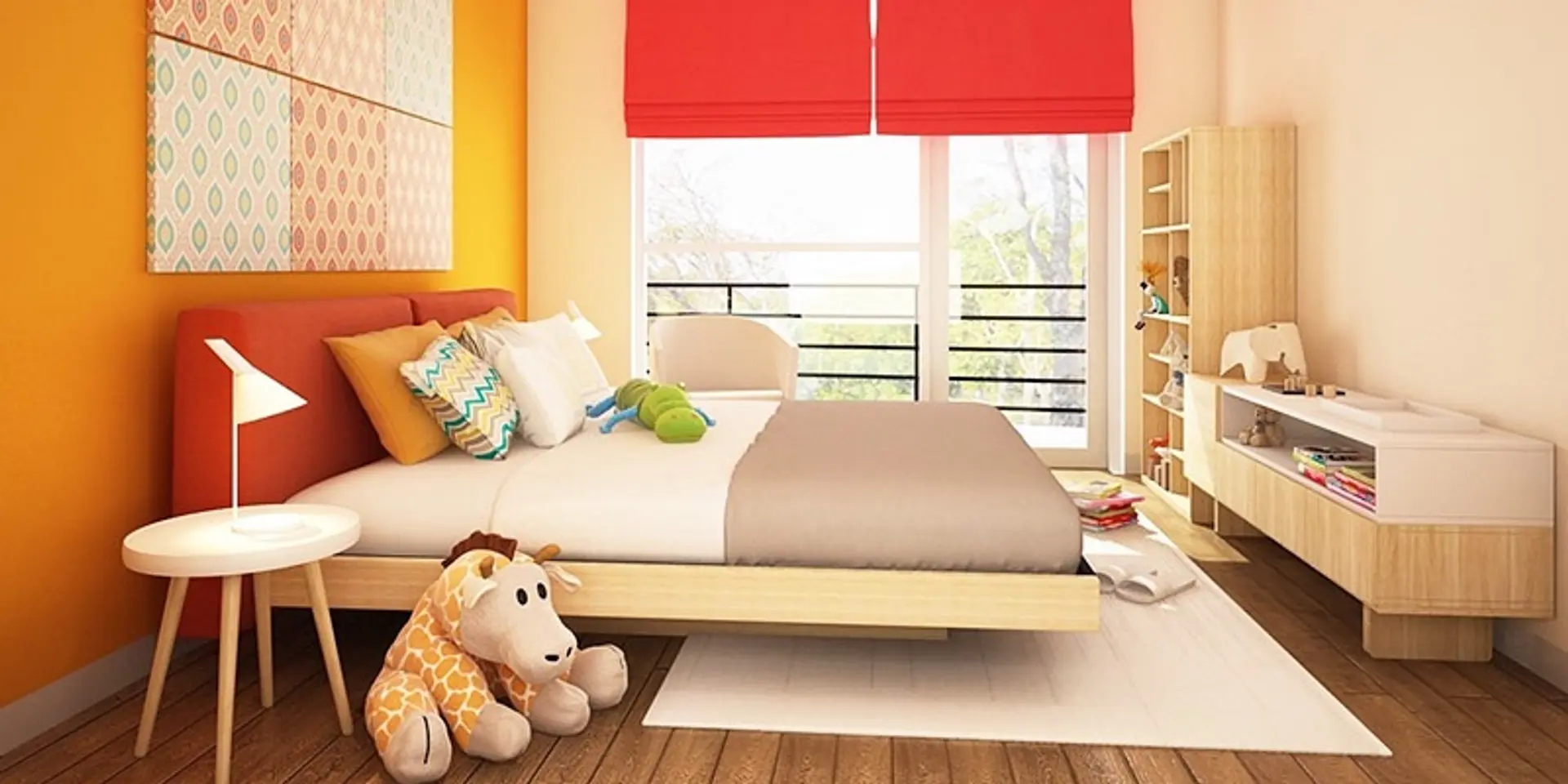Livspace narrows FY24 EBITDA losses, eyes profitability by year-end
The home interior firm is aiming to list in India over the next 18-24 months.
Home interior firm Livspace registered a 21% YoY growth in revenue at Rs 1,185.04 crore for FY2024, against Rs 981.18 crore in 2023, mainly driven by strong traction in the premium and mass premium segments of the residential sector.
The company cut its EBITDA losses to Rs 246.74 crore from Rs 525.37 crore in FY2023, according to a statement from Livspace. It is eyeing profitability by the year end.
In the recent quarter, its EBITDA losses are trending at 4% to 5%, said the company, which has around $100 million cash in the bank.
“Quality of revenue remains a key focus for us at Livspace, and 100% of the revenue is directly coming from our end consumers who are homeowners. Our ARR for Q2 '25 is Rs 1500 crore, and the business is growing at 8-10% QoQ on a 35-40% YoY growth trajectory,” said Ramakant Sharma, Co Founder & COO.
Livspace is currently based in Singapore but plans to shift its domicile back to India.
The company is aiming to list in India over the next 18-24 months. It is also looking to establish over 200 design experience centres and strengthen its presence in existing markets in 6-12 months.
“We are excited about the road ahead and are expanding our spectrum of offerings with the inclusion of affordable interiors via Bello, Premium interiors via Vinciago in addition to Select (budget friendly) & Vesta (designer interiors).
"We have also forayed into kitchen appliances and home furnishings through our private label and are committed to providing our customers with functional designs and better aesthetics,” said Sharma.
Livspace has a network of over 90 stores in metros and non-metros, including Delhi-NCR, Bengaluru, Mumbai, Ahmedabad, Jaipur, and Kochi. It is looking to cater to the demand for modular solutions in Tier II and III markets.
Edited by Swetha Kannan








